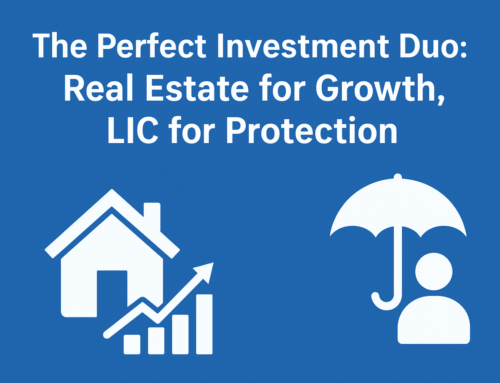If you’re planning your next step in the property market, one query probably occupies your mind: do you rent or buy? In a fast-paced city like Mumbai, the choice becomes all the more important. The city has plenty of choices, ranging from affordable flats to expensive luxury housing. Whether you are a first-time buyer or an old hand at the game, having an understanding of the advantages and disadvantages of renting versus buying will assist you in making a wiser choice. From small 1 BHKs to large penthouses, there are plenty of flats in Mumbai on the market, so understanding what is right for your lifestyle and budget is essential.
Renting: Advantages and Disadvantages
Advantages: Flats in Mumbai
Flexibility: Rental offers flexibility. If your work or lifestyle demands moving places often, renting makes better sense.
Lower Initial Costs: Renting does not come with large down payments, registration fees, or property taxes. This comes in handy in Mumbai, where real estate is expensive.
Access to Prime Locations: You can take a high-end property in upscale locations such as Bandra, Worli, or Lower Parel for a portion of the price of purchasing.
No Maintenance Responsibilities: Landlords will usually take care of property maintenance and repairs, giving you a hassle-free life.
Cons:
No Equity Building: Rent paid is a monthly expense with no return on investment.
Limited Customization: Tenants have fewer rights to change or personalize the space.
Uncertainty: Lease terms may change, and tenants might be required to leave abruptly.
Buying: Pros and Cons
Pros:
Asset Building: Property ownership builds up equity over time, as it is a long-term investment.
Stability: Homeowners have the security of a permanent abode.
Personalization: You are able to redesign or rebuild your property as per your desire.
Rent Income: Purchasing a second property can provide passive income. Investors purchase flats in Mumbai to rent them out.
Tax Relief: Home loans are provided with tax deductions on interest and principal repayment.
Disadvantages:
High Initial Investment: Purchasing property in Mumbai requires high costs, such as down payment, stamp duty, and maintenance.
Limited Flexibility: Selling a property can take time, making relocation difficult.
Market Risks: Real estate values can fluctuate, potentially affecting resale value.
Financial Considerations
Before deciding, evaluate your financial position:
Can you comfortably pay monthly EMIs?
Do You Have Enough For A Down Payment
What are your other financial goals (retirement, children’s education)?
Will renting allow you to invest elsewhere with better returns?
Duration of Stay Matters
If you’re going to be in one location for more than 5–7 years, then buying might be a better option. For shorter periods of time, renting might be more economical.
Lifestyle and Career Plans
Your lifestyle and career aspirations can also impact your decision. Young professionals or remote workers might like the freedom of renting. Families who want stability might opt for buying.
Real Estate Trends in Mumbai
Mumbai’s real estate sector has witnessed consistent demand, particularly from areas that provide good infrastructure and connectivity. New projects in suburbs such as Thane, Navi Mumbai, and Chembur are making purchasing easier. However, luxury property demand in South and Central Mumbai is strong, owing to HNIs and NRIs.
Conclusion
There is no single answer as to whether you rent or purchase property. Both are for and against each option, all depending on your money situation, way of life, and long-term aspirations. With so many apartments in Mumbai on the market across price points, it is crucial to evaluate your needs thoroughly. Should you be prepared for commitment and view long-term benefits, buying would suit you. Should you value flexibility and less risk, renting might be best for you.
For tailored guidance and optimal property choices, seek the consultation of a real estate professional who knows the intricacies of Mumbai’s continuously changing market.







Leave A Comment